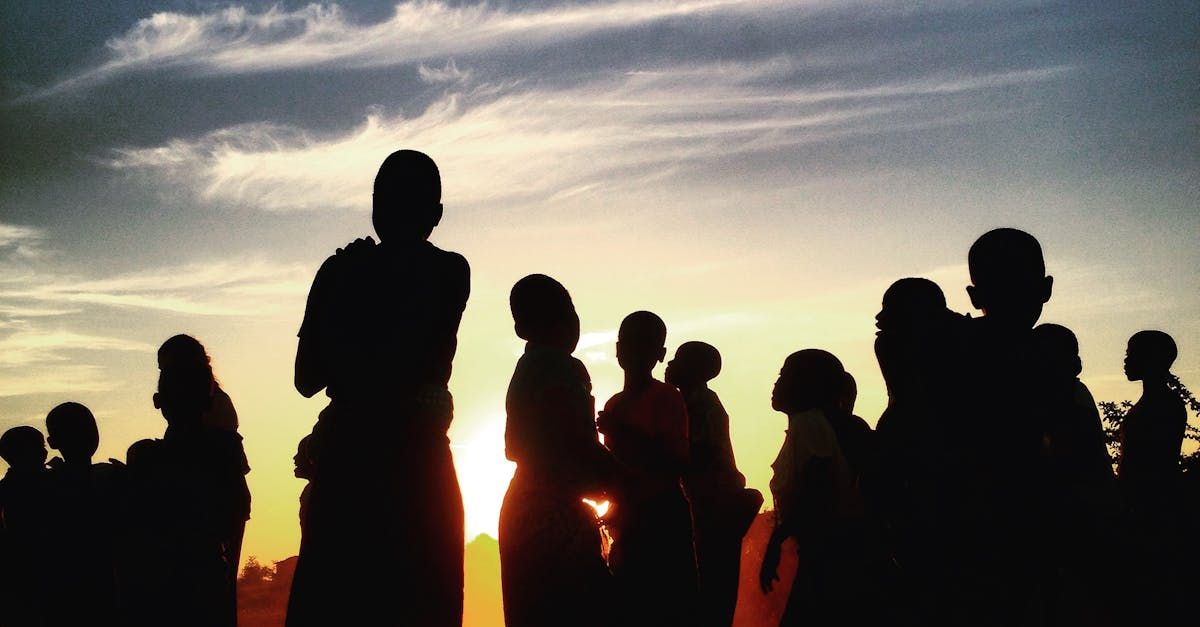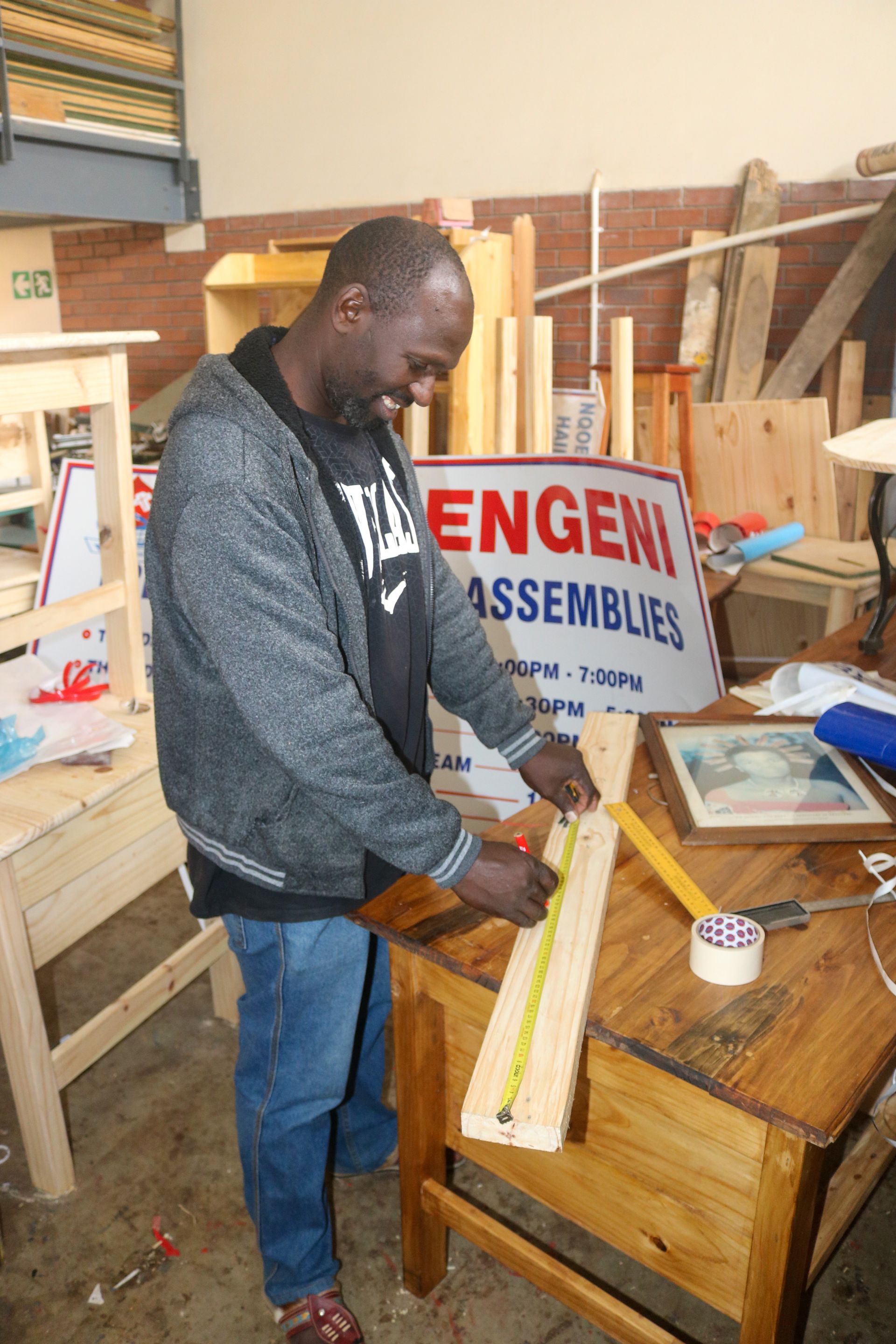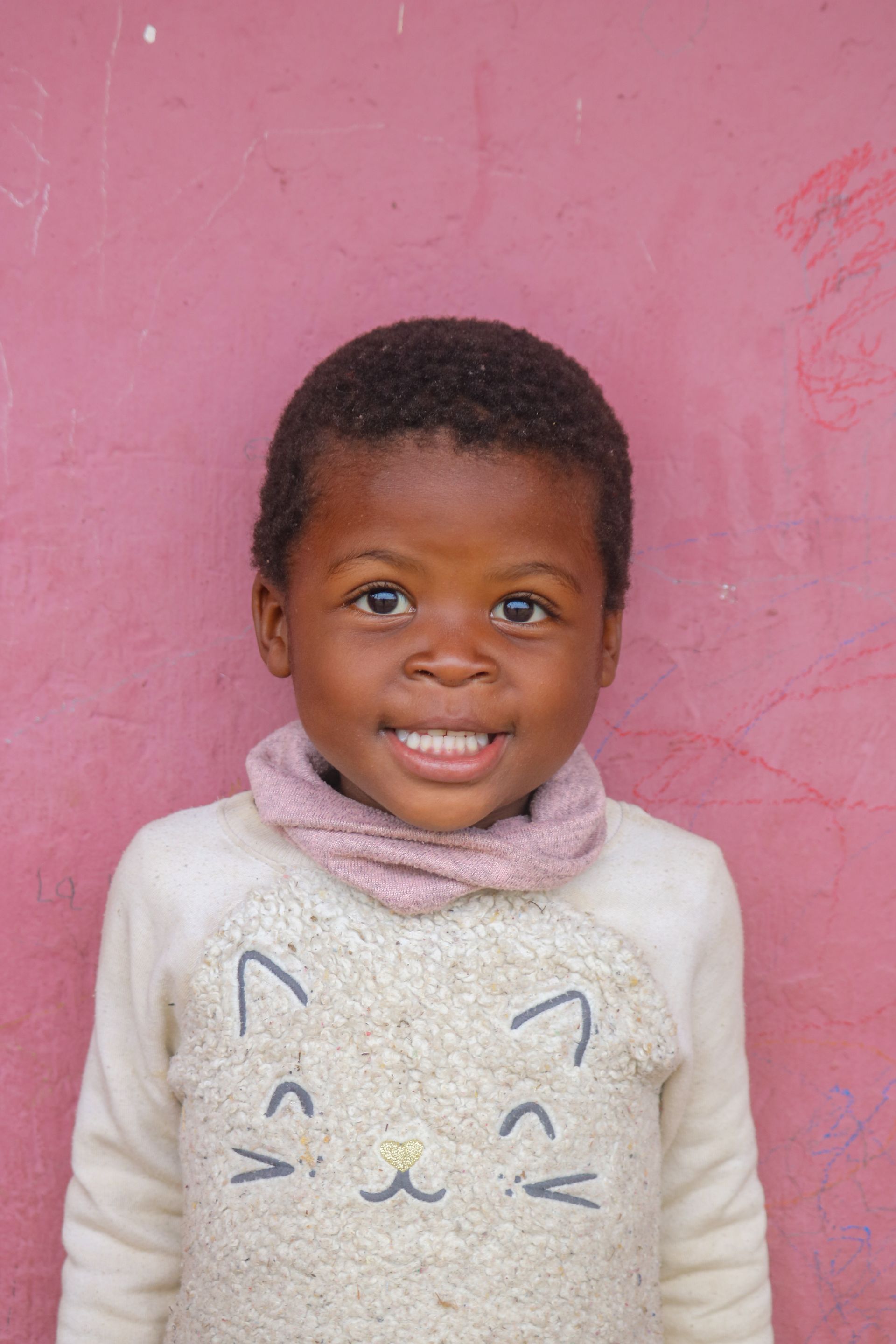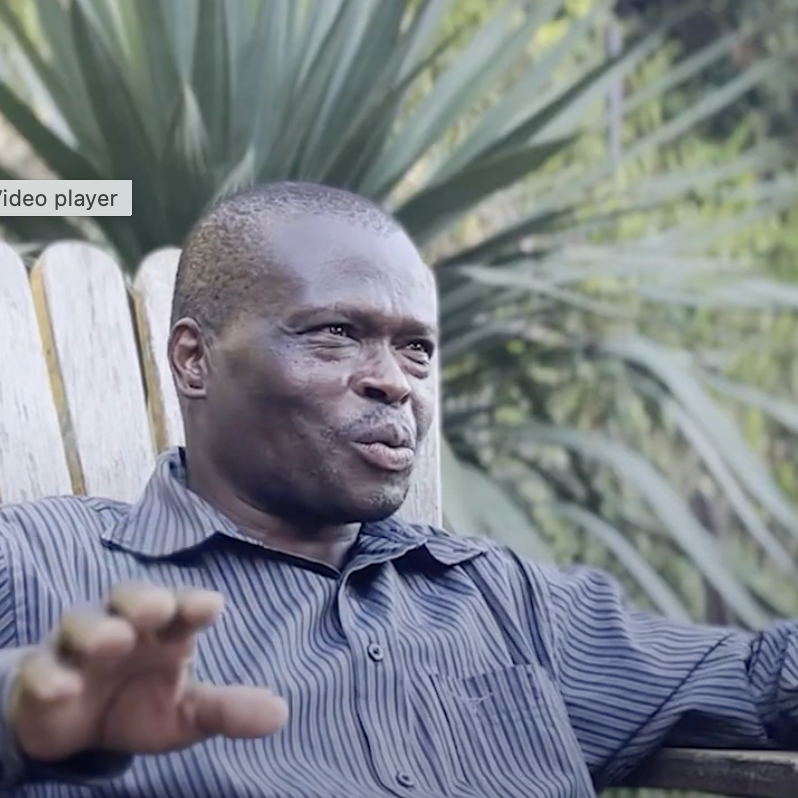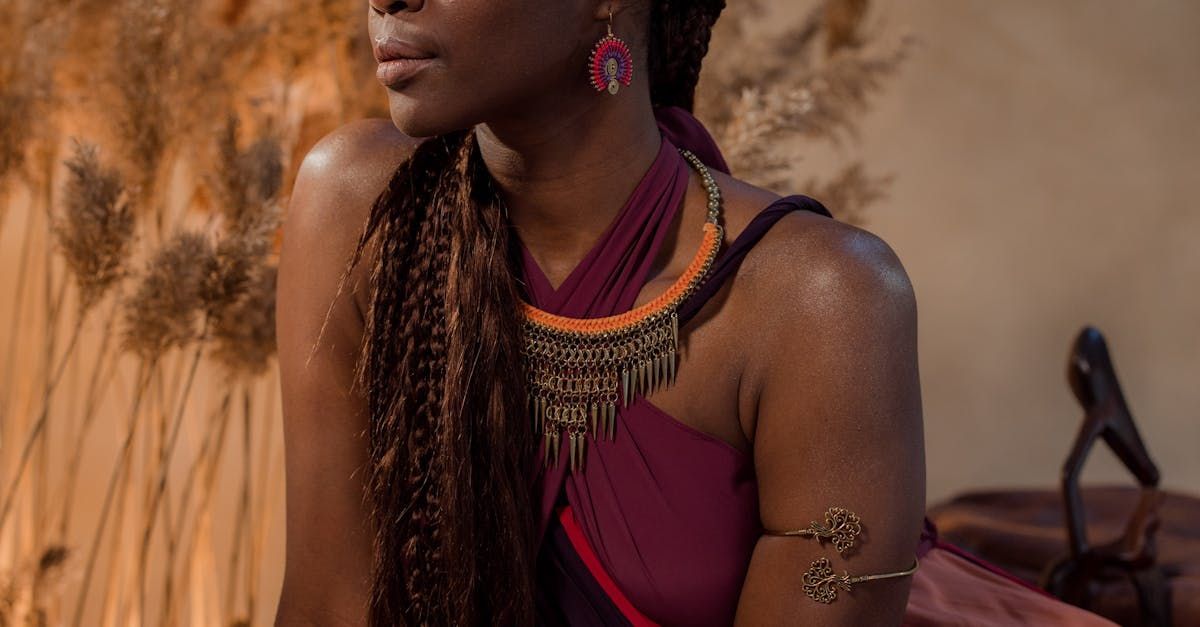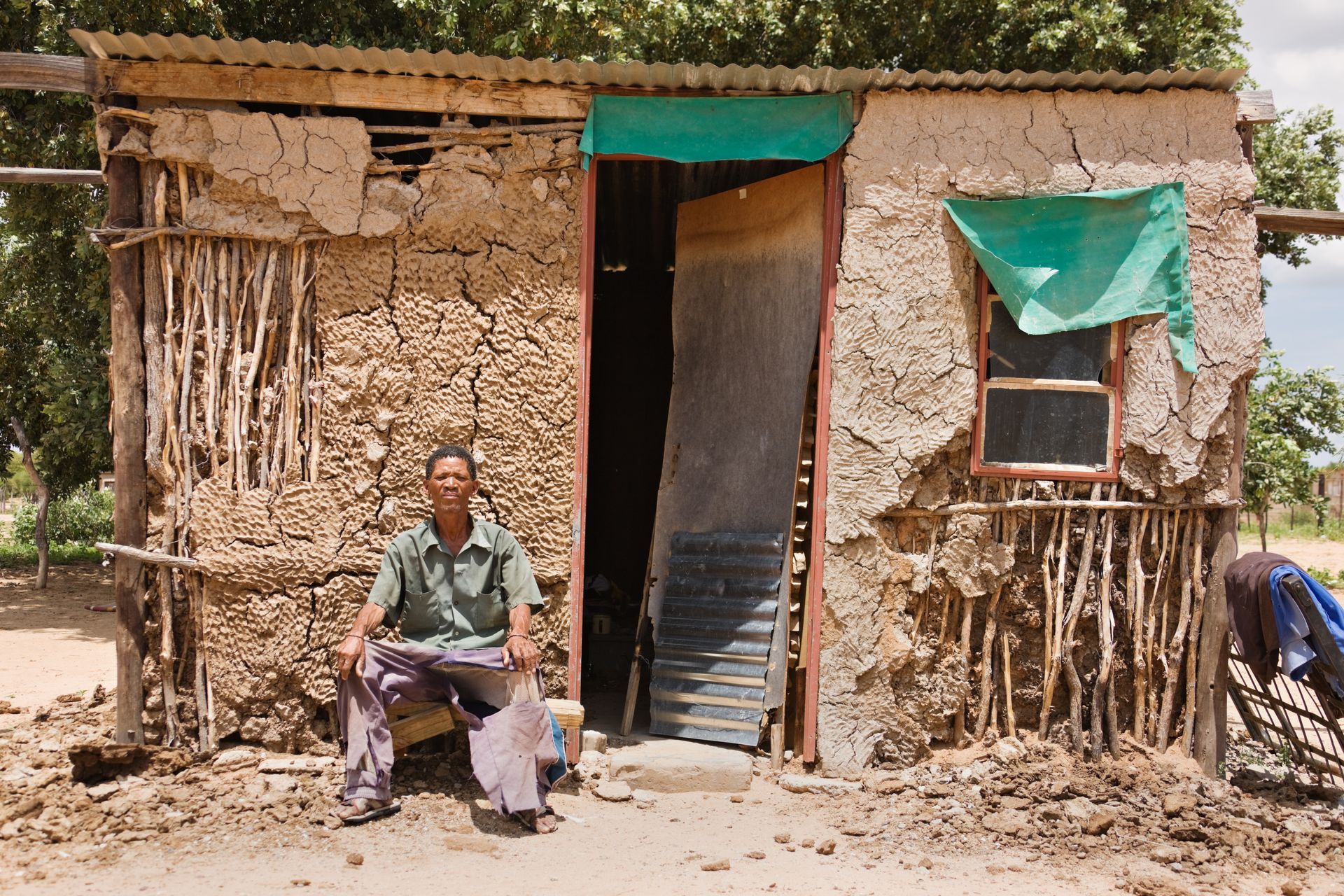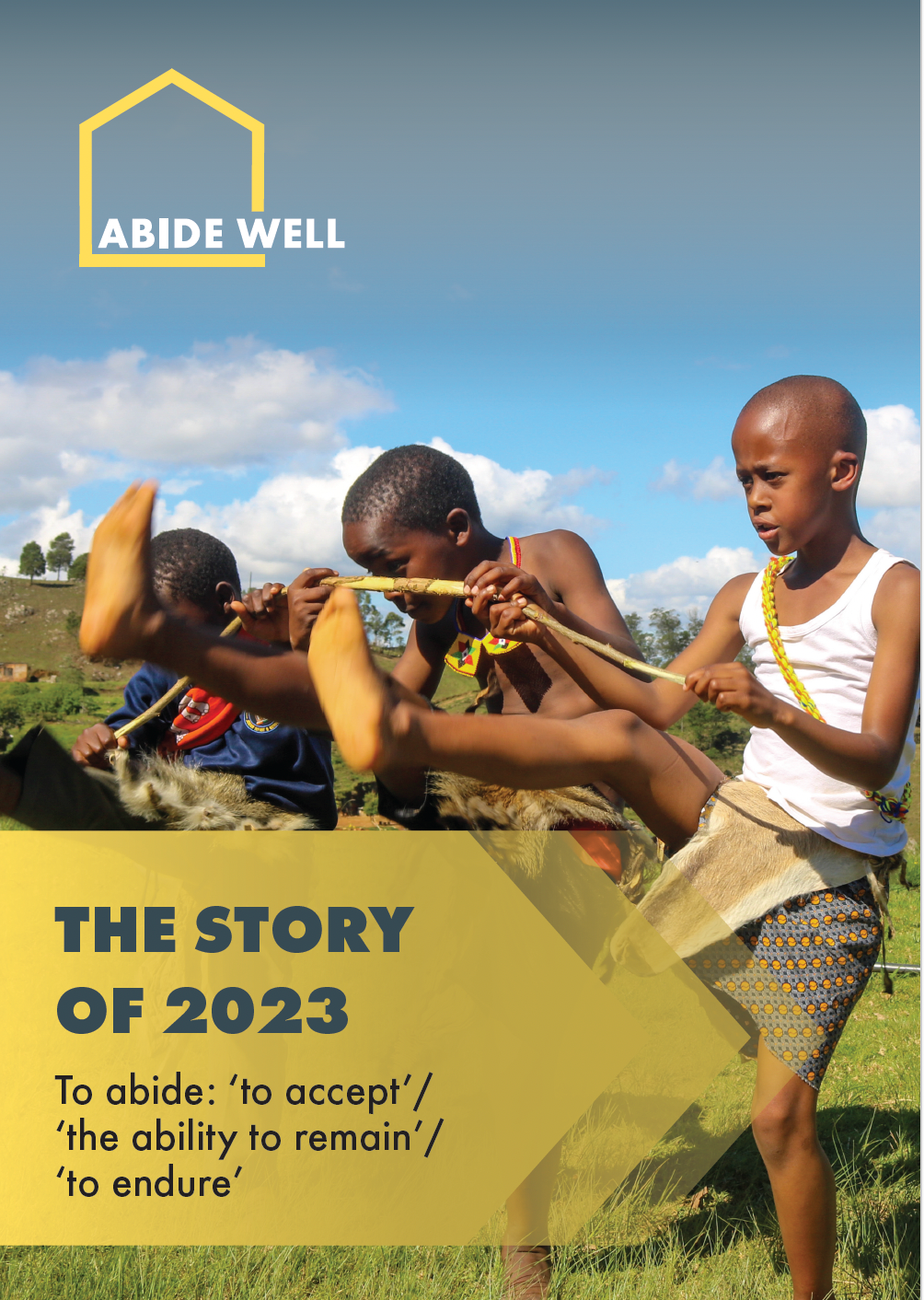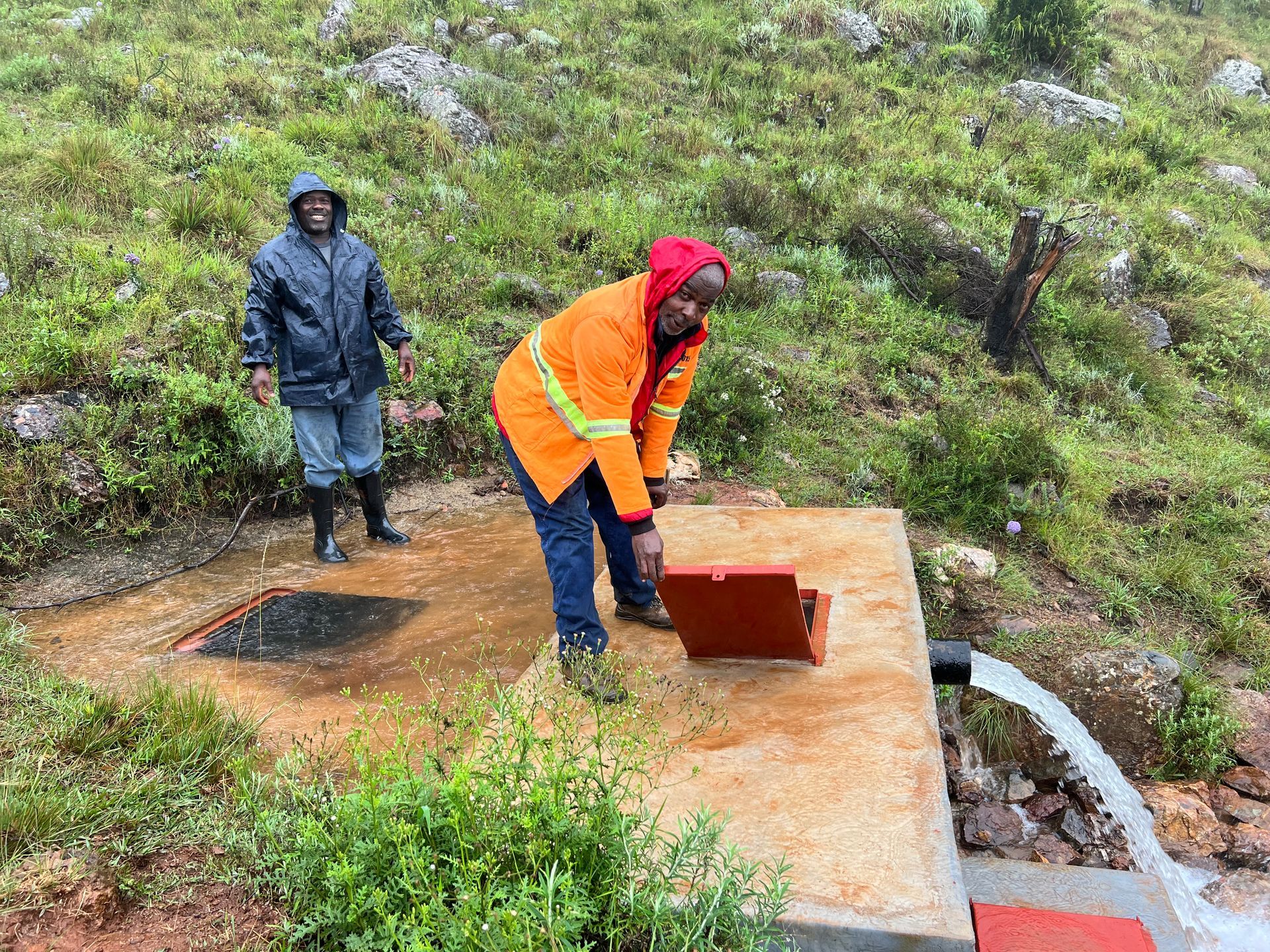I met my wife Tia in our first week of College. If that were the story you came here to read, I would no doubt succeed in convincing you that opposites do indeed attract. By the end of our University days we took our personality types as part of our marriage counseling. The test results say we are “double opposites, as it were—a people person versus a loner, a feeling type with a thinking type”. She expresses her “feels” and loves to love everyone she comes in contact with. I am perfectly content figuring out life independently, and if I absolutely have to “extrovert” with others at a party, I would prefer some time (a year) to recover. Beyond that we come from very different families of origin. But ultimately there was something about her nurse’s heart for hurting individuals and my discontent with unjust worldly systems that pulled us from our roots in the Pacific Northwest to the small nation of eSwatini in Southern Africa.
Our love story isn’t the point here, but if you haven’t figured it out yet, we really like telling stories. Stories are what we use to communicate that Swazis are people, they aren’t HIV statistics. These are people to be partnered with, not beggars in need of saving. During our years in eSwatini I can’t count how many times we were face-to-face with extreme need. My inclination was to solve the problem from a macro point of view, logically thinking through what kind of massive economic and political shifts would need to take place to bring an entire nation out of poverty. There was a passion in me that I had not known was there. So I did whatever I could do to “solve” this injustice. I read books. I spent sleepless nights thinking up development models. I eventually taught myself the language, a very difficult language to learn because it is so obscure that there are very few resources available to do so. There are consonant clicks, several noun classes, “K”s sound like “G”s when read out loud, and don’t even get me started on sentences that are in the past-tense. I did all this because I was desperate for change. I saw a nation that needed transformation.
I knew facts, I knew statistics, and I knew the language better than Tia, but she was a natural listener. I would translate the words, but she could translate their hearts. “Sawubona” is a typical siSwati greeting, it is how you say “hello” in eSwatini. Translated literally it is an entire sentence meaning “I am seeing you”. Isn’t that a beautiful greeting? As a team Tia and I learned how to see together in those first three years living in eSwatini. Our home became a magnet for all kinds of people, but mostly for Swazi individuals coming from nearby rural communities. They would tell us about their lives and their families and their needs. We had great conversations, put on action movies for teens, and set up the small above ground pool for the kids. We would play with the babies and only give them back when we absolutely had to. By year two there was a knock at the door every single night. It became overwhelming at times. Tia was pregnant and gave birth to our first of three sons, Jack, in this season. She may have needed some more space. She was ready to kill me if I invited another person over, but she was the one who taught me how to do this extrovert thing, ya know? We came to understand what a gentle knock on our front door meant. With each knock came a story. With each story came a relationship. This was the seed God planted that would later turn into our ministry. It was a season I will forever look back on with admiration. James’ claim that pure and undefiled religion is to visit orphans and widows (James 1:27) came to life right in front of us, in our home.
Eventually these relationships led me to knock on a few doors myself. I walked to the village of Malanda, eSwatini and knocked on the door of a church. Pastor Enock opened the door, I said “Sawubona”, and I meant “I am seeing you” and not “hello”. I introduced myself and he happened to be fundraising to build a home for an elderly widow who’s mud and stick home was rapidly declining in the seasonal monsoons. With help from family and friends we were able to put the funds together for Gogo Joyce’s home. Through this experience I was forever connected to this community. I was introduced to Jabulani Manda and Mandla Shongwe, our lead builders. I was introduced to the “inner council” of the village and to the chief of the area. I was given their blessing to continue working into the future. I didn’t know it at the time but this was the start of what is now “Abide Well”.
That name, “Abide Well” also has roots in Swazi culture. The words we use in siSwati to say “goodbye” are literally translated as the command to “stay well” to the one remaining and “go well” to the person who is leaving. We see the command to abide over and over again in scripture. Jesus commanded us to Abide in Him. To “abide” well means many things. In our work of developing Swazi communities we seek to copy the blueprint laid out in Isaiah 32:18 “My people will abide in peaceful habitation, in secure dwellings, and in quiet resting places”. For information about why we do what we do and our biblical convictions for this, you can read more about our vision below this article. Eventually our ministry evolved from building projects like the one we did for Gogo Joyce to other programs like school sponsorships and feeding programs.
There is an African Proverb “If you want to go fast, go alone. If you want to go far, go together.” I found out there is great wisdom in doing this together. We want all Swazis to be seen and to be heard. You may be half-a-world away from Africa, you don’t know the language and you didn’t know you could do anything about this. Someone is knocking at the door, someone is ready for you to see them through a gentle yet convincing “Sawubona”. That someone may be living on less than $2/day, they may have lost their parents to HIV, or they may just need a meal. That isn’t the point, that isn’t their whole story, or at least it doesn’t have to be. We would like to invite you to say “Abide Well” and change their story forever.
Give a recurring donation of $50/month by clicking here and receive monthly stories of individuals affected by your donation.
For questions please reach out to us at Nathan@abidewell.org or (928) 308-7316 (also available for WhatsApp).
